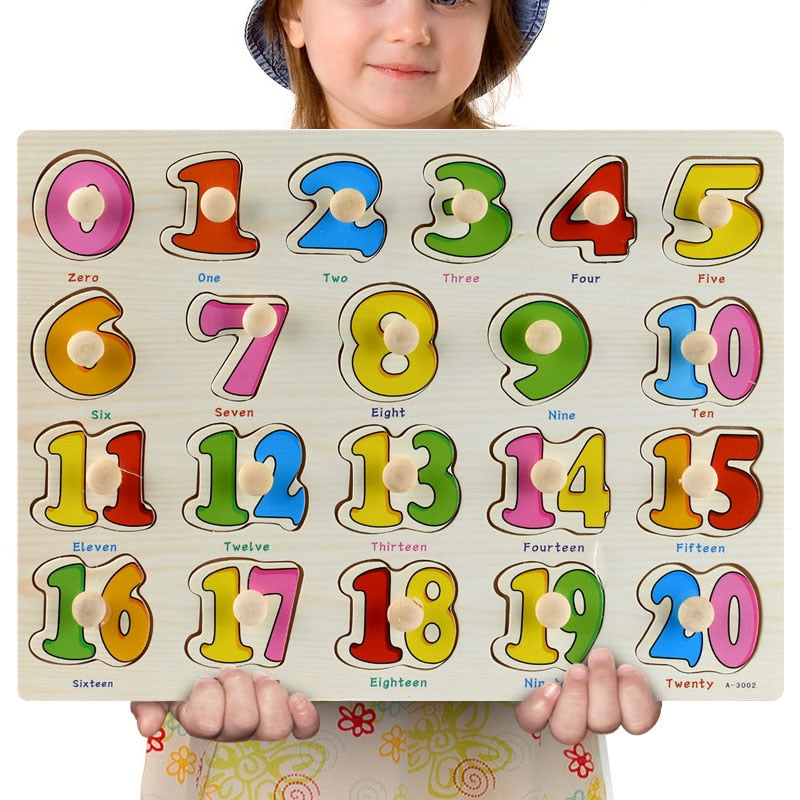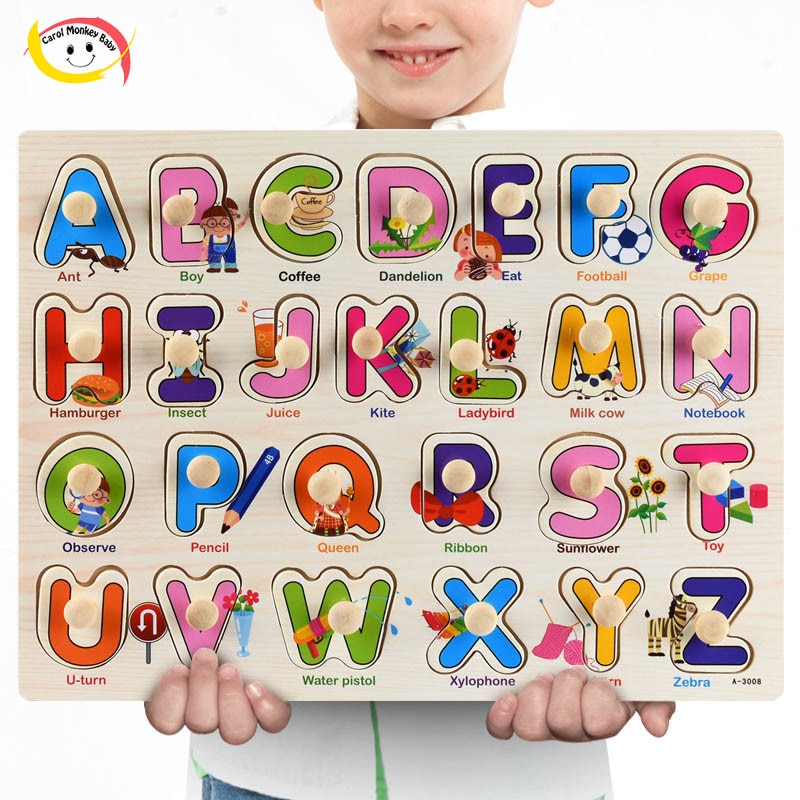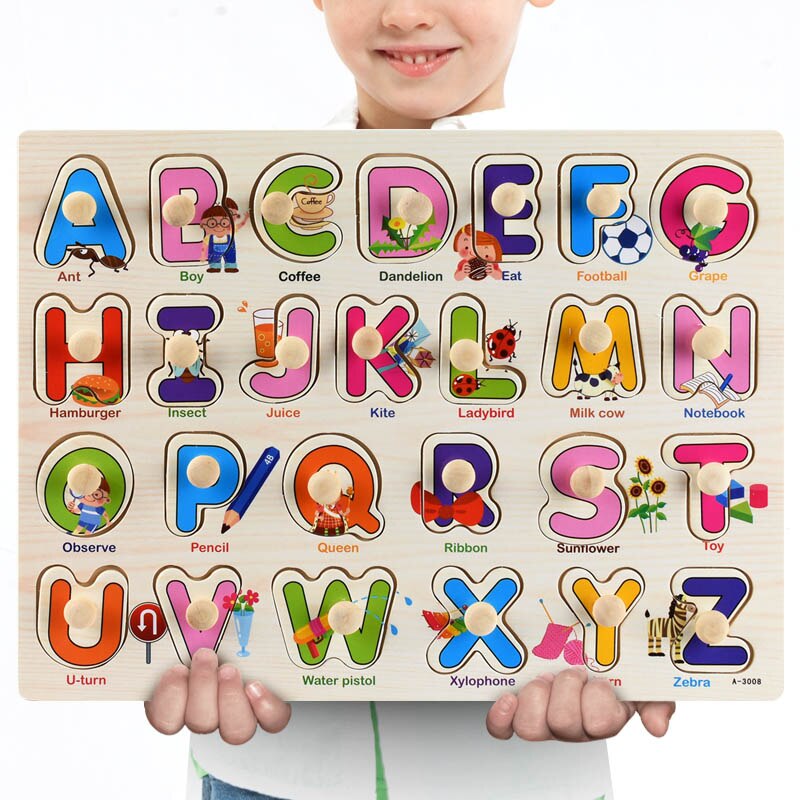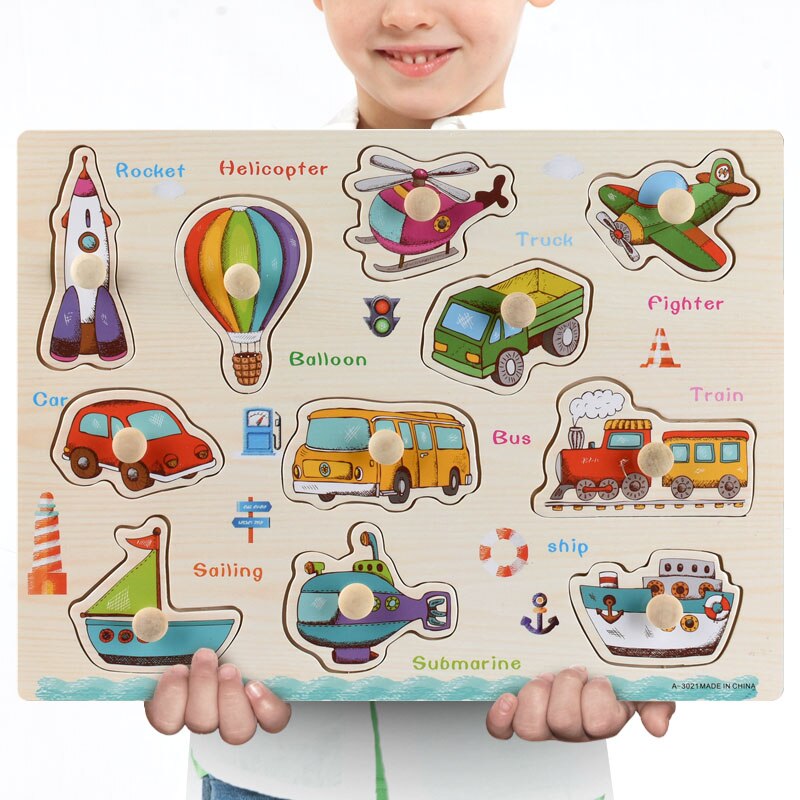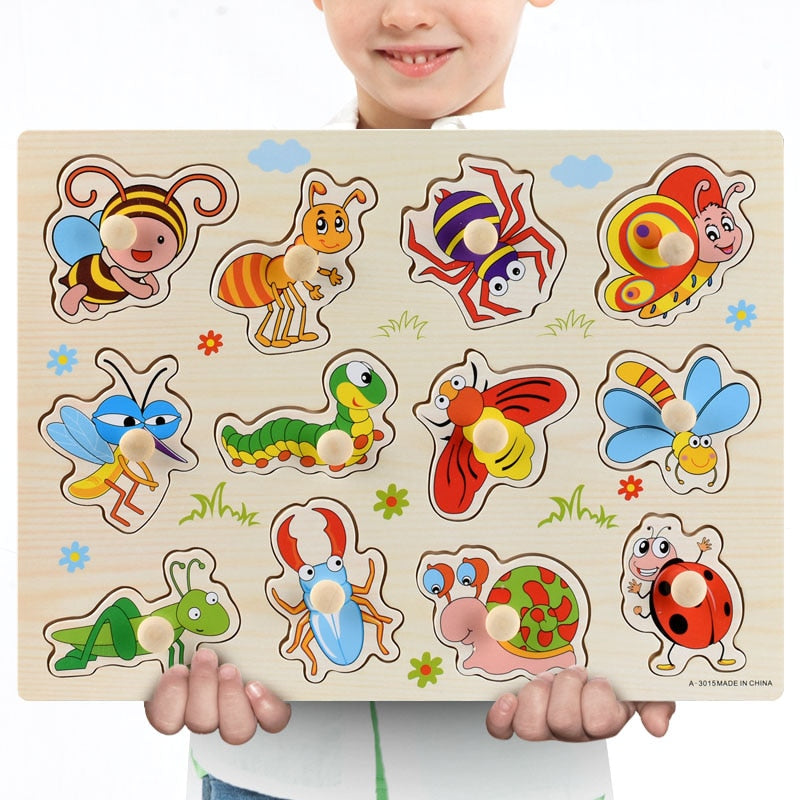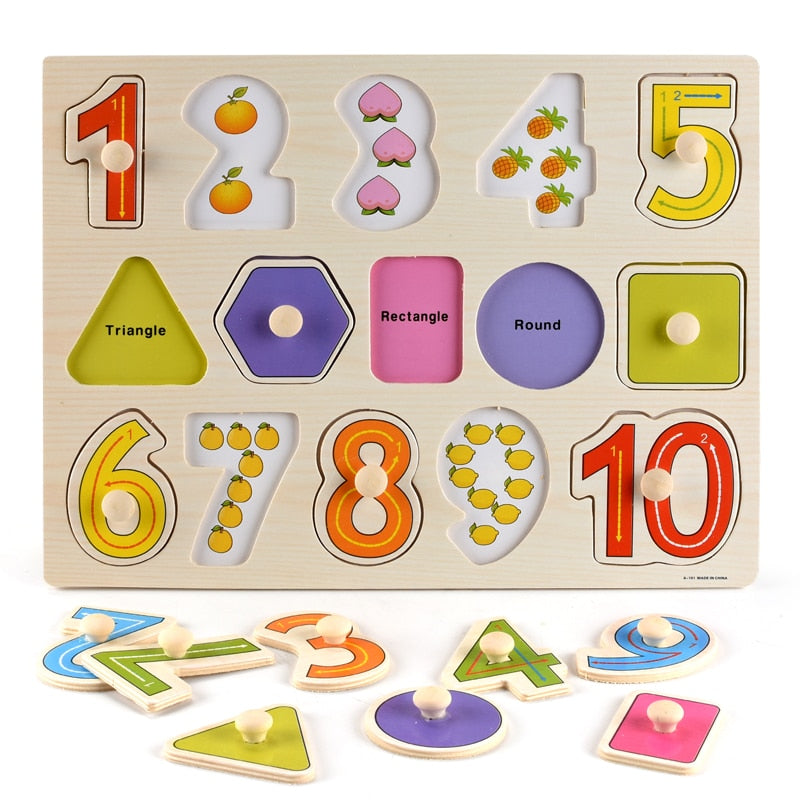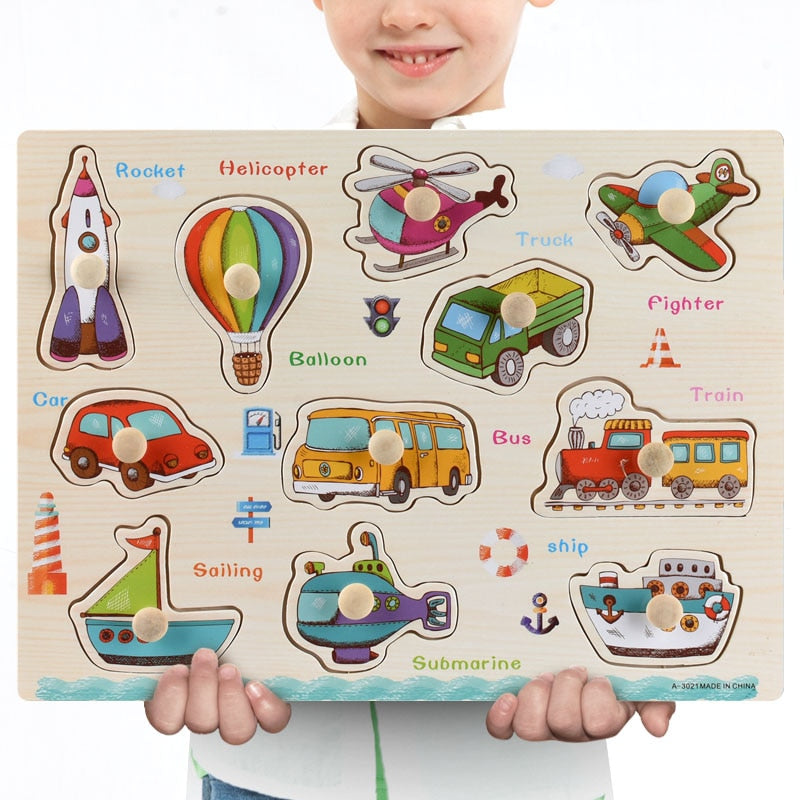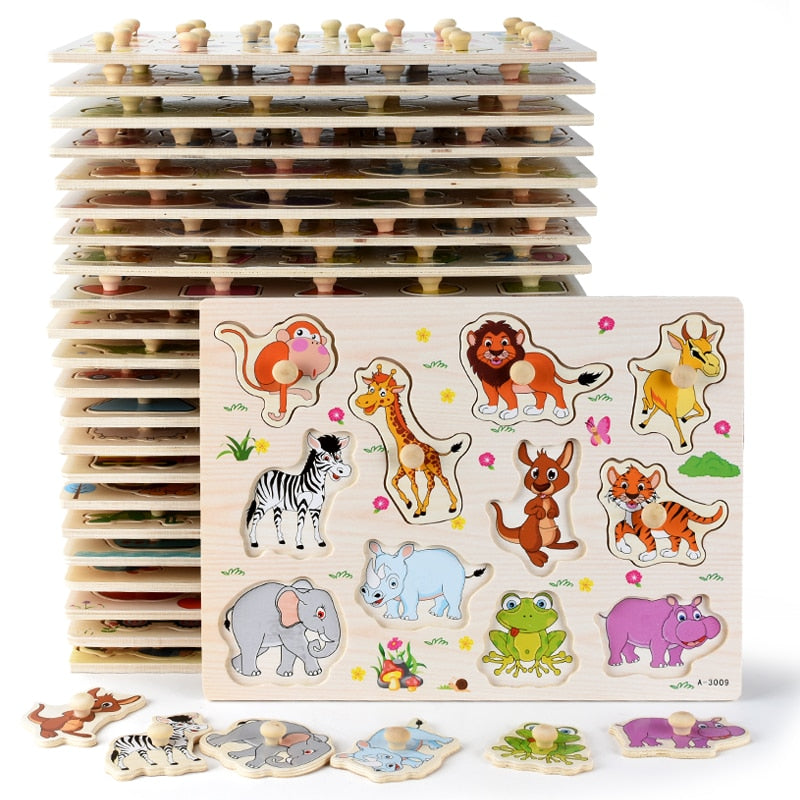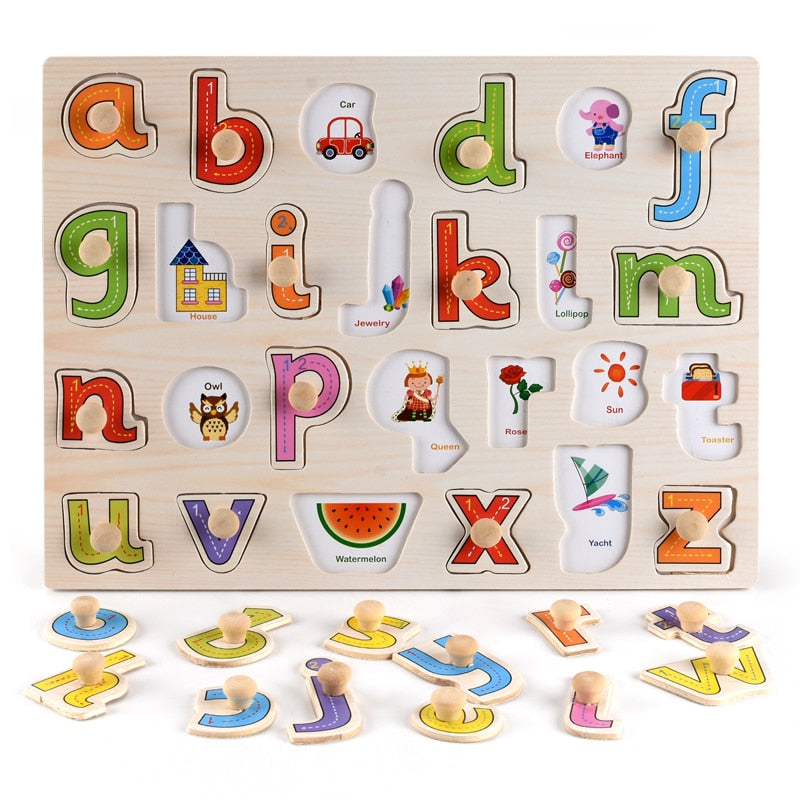Sense-Ease
Wooden 3D Puzzles Educational
Wooden 3D Puzzles Educational
Couldn't load pickup availability
Sense Ease
Puzzles can be an excellent activity for individuals with autism for a number of reasons. Here are a few examples:
-
Cognitive development: Puzzles can help develop important cognitive skills such as problem-solving, spatial awareness, and attention to detail.
-
Fine motor skills: Assembling puzzles can also help develop fine motor skills, which can be especially beneficial for individuals with autism who may struggle with coordination or dexterity.
-
Sensory input: Some individuals with autism may benefit from tactile input, and the act of manipulating puzzle pieces can provide a satisfying sensory experience.
-
Emotional regulation: Puzzles can be a calming and soothing activity, and completing a puzzle can provide a sense of accomplishment and boost self-esteem.
-
Social skills: Puzzles can also be a great tool for social interaction, as individuals with autism can work on puzzles together with peers or caregivers, promoting communication and cooperation.
In addition to these benefits, puzzles can also be a fun and engaging activity that can help individuals with autism develop new skills and interests. Overall, puzzles can be a valuable tool for individuals with autism, providing a range of cognitive, sensory, and social benefits.
Shipping & Returns
Shipping & Returns
Free shipping with all pour products to the UK
